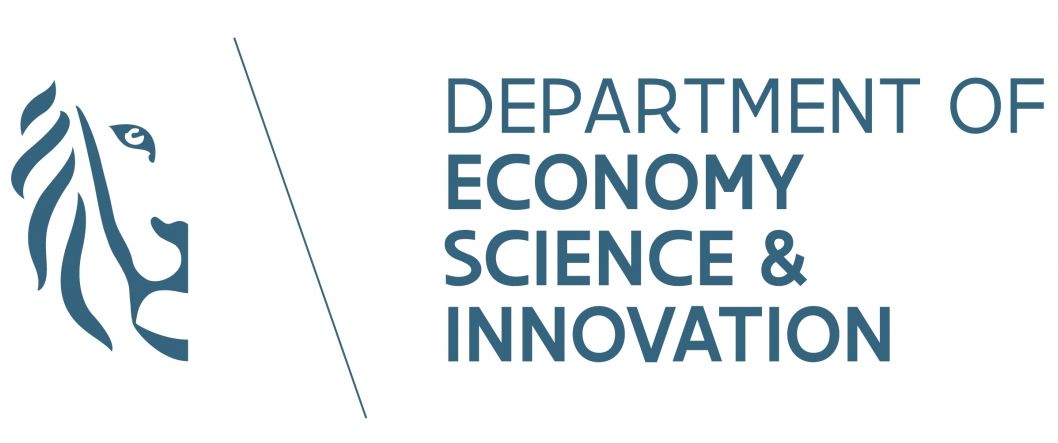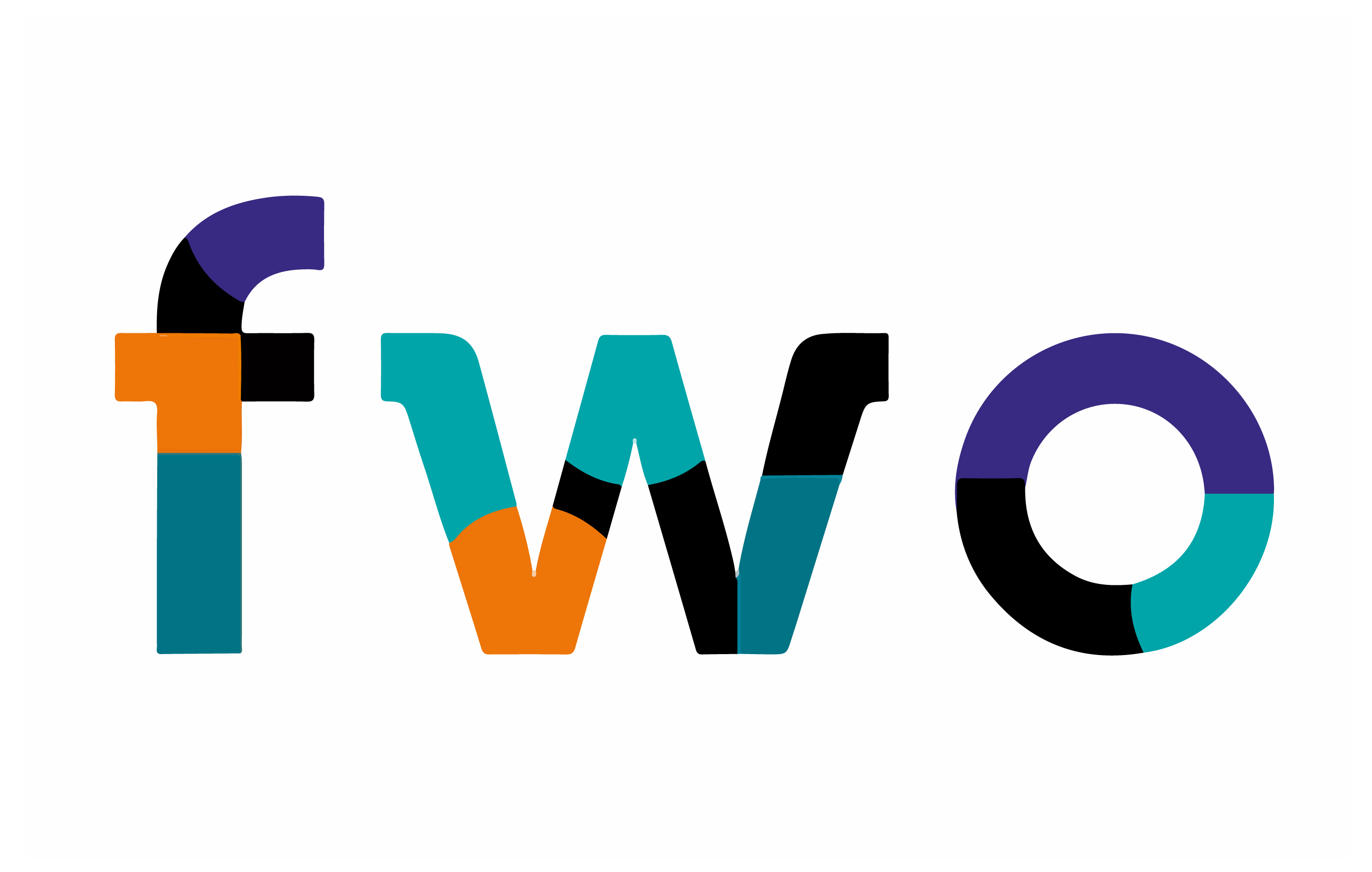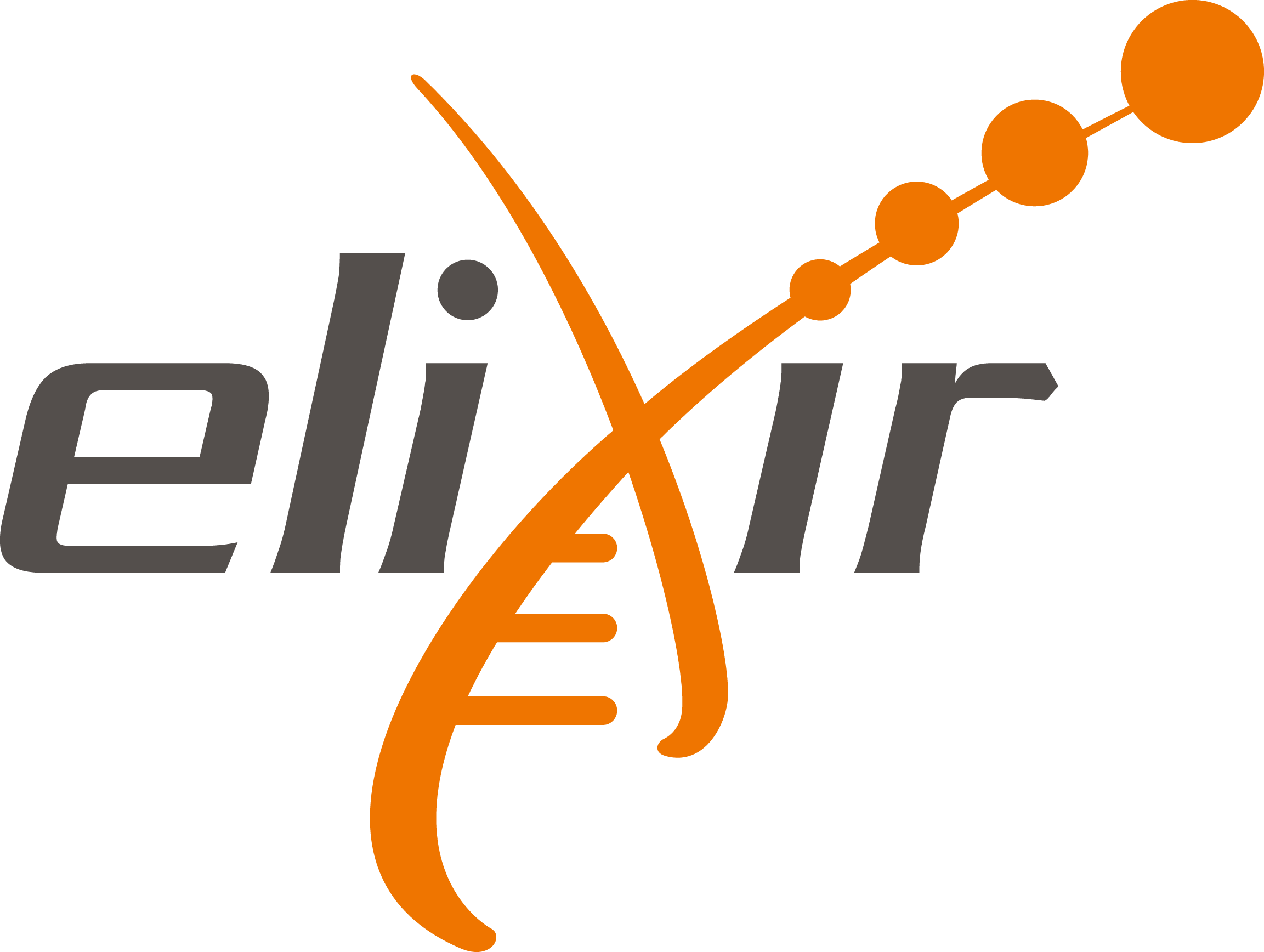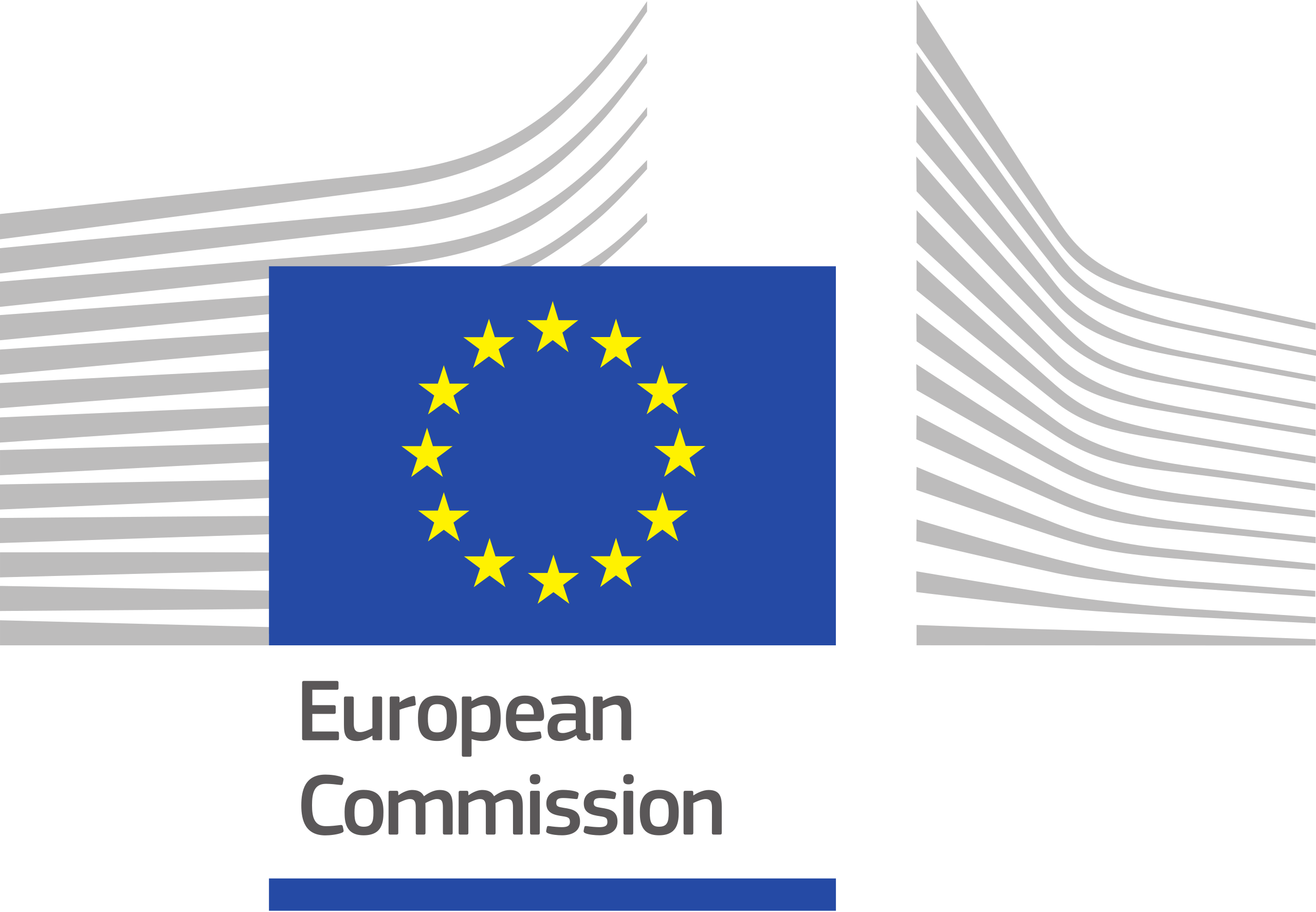Projects




ENVIRONGEN
Ongoing
ENVIRONGEN (ENVIRONmental monitoring open GENomics toolkit) aims to deliver the first comprehensive, open, and validated bioinformatics toolkit for genomics-based environmental monitoring. While genomics surveillance is well established for clinical pathogens and antimicrobial resistance (AMR), no robust and interoperable solution currently exists for systematic analysis of environmental samples…
Belgian AI Factory Antenna
To Start
The Belgian AI Factory Antenna project aims to accelerate the adoption of artificial intelligence across key sectors, while strengthening Europe’s digital and technological sovereignty. The project supports broad access to high-quality, interoperable datasets and promotes trustworthy, resource-efficient AI solutions aligned with sustainability goals.
The project runs for three years with a total…
COMPASS
Ongoing
COMPASS (Comprehensive ‘Omics Informs Precision Action and Diagnosis in Sarcoma) is a VIB Grand Challenges project that aims to transform sarcoma diagnosis by replacing fragmented genetic testing with a comprehensive multi-omics approach. Current diagnostic methods often provide limited insight and still fail to deliver a diagnosis in up to 20% of cases. COMPASS addresses this challenge by…
Genome of Europe
Ongoing
The Genome of Europe (GoE) project encompasses 51 partners across 29 European countries to establish a unique pan-European reference database comprising a minimum of 100.000 genomes representative of European citizens in alignment with the 1+ Million Genomes initiative.
The key objectives include:
implementing a pan-European community of practice that will generate the reference genome through…
AgroServ
Ongoing
Integrated SERVices supporting a sustainable AGROecological transition (AgroServ) is a €15 million Horizon Europe project, coordinated by AnaEE. The project aims to provide access to integrated research services to the European research communities to advance knowledge on agroecosystems, increase the understanding of the risks and threats due to global changes and foster the development of new…
deCYPher
Ongoing
"Decipher cytochrome P450 enzymes (CYPs) by digital tools to produce flavonoids and terpenoids" (deCYPher) is a €6 million Horizon Europe Research and Innovation Actions (RIA) project, coordinated by Ghent University. deCYPher aims to develop a standardised platform to implement artificial intelligence and machine learning techniques to overcome current hurdles in industrial biotechnology and…
EOSC-ENTRUST
Ongoing
A European Network of TRUSTed research environmentsEOSC-ENTRUST is a 3 year Horizon Europe project (Trusted environments for sensitive data management in EOSC) led by ELIXIR.
The mission of EOSC-ENTRUST is to create a European network of Trusted Research Environments (TREs) for sensitive data and to drive European interoperability by joint development of a common blueprint for federated data…
ELIXIR-STEERS
Ongoing
The EU-funded ELIXIR-STEERS project, a three-year initiative with a budget of €4M, is a collaboration between all ELIXIR Nodes, encompassing 36 institutes across 23 countries, plus EMBL-EBI. It aims to enhance large-scale, cross-border federated analysis in the life sciences throughout the European Research Area.
ELIXIR-STEERS addresses the need for good software and workflow management, which…
The Research Foundation Flanders (FWO) awarded the ELIXIR Belgium consortium a 4-year grant of 7.8M€ to continue to operate the Belgian ELIXIR Node, providing services to life science researchers. This infrastructure funding allows the partners to expand and improve our portfolio of services.
ELIXIR is in a unique position to increase the amount of publicly available FAIR data and facilitate its…
The Interoperability Platform's mission goes beyond technical and semantic interoperability, responding to changing needs and life sciences standards. Previously, the ELIXIR Interoperability Platform introduced peer-reviewed Recommended Interoperability Resources, established the ELIXIR Knowledge Hub, and fostered recognition of Research Data Management (RDM). Now it is transitioning to a…
Federated analysis is transforming genomics research by enabling collaborative analysis of distributed datasets while ensuring data privacy and delivering valuable insights into genetic diseases. ELIXIR is involved in the EUCAIM (European Cancer Image) project and coordinates the European Genomic Data Infrastructure (GDI) project, which aims to provide federated access to over one million whole…
This study seeks to establish a mechanism for orchestrating secure access to data hosted in EGA, whether in its central instance or any federated nodes, from a Galaxy instance. To guarantee the proper management of sensitive data, data will be encrypted at any time, with decryption occurring solely during analysis within the secure compute backend. The ultimate goal of this study is to generate…
The ELIXIR Compute Platform ensures that European cloud, compute, storage and access services fulfil the requirements of and are available for the life-science research community. European regulation on health data processing is evolving, computing capacity in national clouds is increasing and international standards are improving interoperability between the compute environments. Such…
The ELIXIR Training Platform has built an extensive network that represents a wide range of training resources and services. The aim of this project is not only to manage this network but to evolve it, standardise it and connect all its different components. In doing so, a federated training establishment can be created that effectively caters to the diverse needs of the ELIXIR community.
To…
ELIXIR Node Support
Ongoing
For ELIXIR Nodes to succeed, they must operate as well-coordinated, professionally managed organisations, delivering high-quality support, expertise, and services that align with both national stakeholders' needs and ELIXIR's broader research priorities. Achieving long-term success in a research infrastructure requires more than just funding; it demands strategic planning, strong communication,…
Crop pan-genomics involves sequencing, comparing, and integrating multiple genomes from the same crop species. Exploiting the information encoded in these pan-genomes can facilitate the development of new cultivars that are more resilient to future challenges like increased drought and heat stress.
While sequencing quality is no longer a major concern, accurately assessing the completeness of…
EVORA
Ongoing
The European Viral Outbreak Research Alliance (EVORA) project brings together three RIs (EVA, ERINHA-ESFRI and ELIXIR-ESFRI) with unique and complementary expertise in bio-banking, high containment facilities and data management solutions, respectively, under a single concerted interoperable framework with a common and long-term perspective.
EVORA will establish a comprehensive, coordinated,…
The ELIXIR Data Platform has been successful in creating a vibrant group of people interested in all aspects of life science data, from generation and curation to storage, archiving, use and reuse. It has achieved its first mission and defined a sustainable and well-funded collection of Core Data Resources that represent the gold standard. It has more recently begun developing and defining tools…
The Tools Platform provides services that enable findability, accessibility, interoperability, and reusability of computational tools, including research software, workflows, remote digital services, and trained machine-learning models. These services aim at being optimised for the needs of molecular life sciences, while at the same time they suit a broad range of interdisciplinary applications…
ELIXIR People Support
Ongoing
This project targets the ELIXIR-GOBLET instructor community and trainers, who are typically domain experts in ELIXIR platforms, communities, and services. By providing these experts with the skills and knowledge needed to effectively use ELIXIR’s training resources and services, the project ensures high-quality training design, development, and delivery for the research community.
The goals of…
This study addresses the limitations of current ontologies in capturing the dynamic nature of disordered protein regions by pursuing several primary objectives.
New structural and functional ontologies will be developed to accurately represent the structural heterogeneity and dynamic functional annotations of proteins. Collaboration with existing databases and consortia will ensure seamless…
Genomic Data Infrastructure
Ongoing
The Genomic Data Infrastructure (GDI) project brings together national agencies, research organisations, and technology providers from 20 European countries to facilitate a cross-border federated network of national genome collections for biomedical research and personalised medicine solutions. The aim of this €40 million Digital Europe project, coordinated by ELIXIR, is to realise the 1+MG…
QUANTUM
Ongoing
QUANTUM is a Horizon Europe Coordination and Support Action (CSA) project in the context of the European Health Data Space. The project will set out a common EU framework for the use of health data in research, innovation, public health, policy-making, regulatory activities and personalised medicine.
In HealthData@EU, the data holders are expected to make their datasets available for secondary…
Belgian Genome Biobank
Ongoing
The Belgian Genome Biobank (BGB) project, funded by the Research Foundation Flanders (FWO), aims to create a genomic resource of the Flemish/Belgian population in a secure compute environment, with the objective of supporting and performing genetic and health studies, in order to enable future research on genetic causes and (risk) factors for human traits, diseases and their environmental…
Research Data Management (RDM) is crucial for implementing FAIR and Open Science principles. ELIXIR Platforms and Nodes have invested in RDM, resulting in valuable tools and resources. The RDM Community aims to bring together RDM professionals to coordinate ELIXIR's activities and develop its vision. The short-term objectives include creating a knowledge exchange forum, coordinating the RDM…
The EuroScienceGateway project aims to leverage a distributed computing network across 13 European countries, accessible via 6 national user-friendly web portals (Galaxy), facilitating access to compute and storage infrastructures across Europe as well as to data, tools, workflows and services that can be customized to suit researchers' needs. The project is a collaboration between 18…
Single-cell omics has revolutionised the way life science research is conducted. However, the unprecedented opportunities offered by single-cell omics technologies are accompanied by data analysis challenges.
SCONE will address the need for scalable training by training more trainers and by providing easy access to up-to-date training resources. Efficient benchmarking of analysis tools will be…
BY-COVID is a €12 million Horizon Europe project, coordinated by ELIXIR, that strives to tackle the data challenges that can hinder effective pandemic response. The core aim of the project is to ensure that data on SARS-CoV-2 and other infectious diseases are accessible to all those who need it across research, healthcare, and industry.
BY-COVID will build and expand upon the successful COVID-19…
The ELIXIR Tools Platform Ecosystem, initiated by the ELIXIR Tools Platform, is a diverse and open initiative focused on the metadata exchange across registries and repositories. Its goal is to facilitate coordination among them, enhance interoperability, reduce mismatching information, promote good practices for resources enabling community curation and contribute towards the sustainability of…
Over the next two years, the ELIXIR Interoperability Platform (EIP) will build on the extensive interoperability capacity building that has taken place to date, and deliver a set of interoperability stories that showcase EIP flagship interoperability services ‘in action’, and provide practical advice and guidance on the production of FAIR data and data analyses.
The scope of this task is to…
The main goal for the ELIXIR Federated Human Data (FHD) Community is to position the Federated EGA (FEGA) framework as the core infrastructure driver to support human data sharing for research use-cases from nationally, European Commission, and/or internationally funded human health data sharing projects.
The Deliverables from this project will be incorporated by the FEGA governance framework to…
The ELIXIR Interoperability Platform (EIP) KnowledgeHub is proposed as a systematic approach to collate and disseminate knowledge, working in close partnership with the FAIR Services Architecture Framework to support and provide a dissemination forum for the outputs generated from Task 1.
The aim is to provide resources for both ELIXIR users and external researchers, and to act as a knowledge…
The ELIXIR Rare Disease (RD) Community will continue to be committed to the International Rare Disease Research Consortium (IRDiRC) Vision for 2027: Enable all people living with a rare disease to receive an accurate diagnosis, care, and available therapy within one year of coming to medical attention.
To support such vision and facilitate data interoperability and analysis, the Community drives…
The ELIXIR Training Platform has developed a series of training best practices and guidelines, covering several aspects of training development and delivery. These practices are the building blocks of the ‘ELIXIR Training Toolkit’, a collection of resources available in the ELIXIR website. Task 3 of this implementation study focuses on consolidating quality and impact of the TeSS training…
The EOSC-Life project is a collaboration of 13 ESFRI Research infrastructures in the Health and Food domain to create an open collaborative digital space for life science in the European Open Science Cloud (EOSC). The project is coordinated by ELIXIR.
Life science research directly addresses key societal challenges and drives the bio-economy. To keep European Life Science at the forefront of…
ELIXIR-CONVERGE is a project funded by the European Commission to help standardise life science data management across Europe. To achieve this standardisation, the project will develop a data management toolkit for life scientists. The toolkit will help ensure more research data is in the public domain, which will give scientists access to more data. This will allow them to discover new insights…
Building on the knowledge and experience gained during the piloting of the RI-PATHS approach, an ELIXIR-funded Staff Exchange project, and related work done elsewhere in ELIXIR, this project aims to increase capacity in impact evaluation across a set of national ELIXIR Nodes.
With support from the ELIXIR Hub, activities will be undertaken in coordination with relevant work being done as part…
This implementation study will create infrastructure to chart the experimentally sampled conformational diversity of native proteins by exploiting data from the PDB, augmented with results of state-of-the-art computational tools. By integrating resources and tools, workflows will be developed to:
compare and cluster different conformations adopted by homologs of the same protein and
identify…
The increasingly well-documented role of intrinsic disorder in protein behavior and function requires infrastructure improvements to enable enhanced researcher access to related tools and data. A key existing infrastructure is MobiDB, which provides sequence-based predictions for the entire set of UniProtKB proteins from a number of different prediction tools. In addition, current prediction…
The aim of this new strategic implementation study (SIS) is to build on the current progress made through the ongoing implementation study, enabling the adoption and deployment of protocols and services by the broader ELIXIR community at scale.
The first SIS Containers study (2019-2021) has successfully convened and established a growing ELIXIR wide consensus on high-level community-driven…
This project focuses on the enhancement of Galaxy's data management features to provide additional provenance information and improve the integration of Galaxy in the existing data management ecosystem. Existing technologies and services in ELIXIR will be supported and ongoing international projects (ELIXIR-CONVERGE, the COVID-19 Data Portal, EOSC-Life, etc.) will be complemented while building…
Following previous work by the ELIXIR Proteomics Community, PRIDE public proteomics datasets, as well as some open proteomics data analysis pipelines are starting to become available.This follow-on ELIXIR implementation study will use previous results as the base to develop a set of open and user-friendly analysis pipelines, which will be applied to assess the possibilities for performing more…
Though the Plant Sciences Community has already implemented some critical elements of its roadmap, the project plan for this community implementation study features three key objectives, with each objective addressed in a corresponding work package:
Firstly, the promotion and finalizing of plant services and tools through ELIXIR service bundles. The first work-package of the study aims at…
With intrinsically disordered proteins (IDPs) and intrinsically disordered regions (IDRs) now recognised as major determinants in cellular regulation, the ELIXIR IDP community white paper presents a roadmap for e-infrastructure developments in the field of IDP research within the ELIXIR framework.
The goal of these developments is to drive the creation of tools and resources to support the…
With this grant, awarded by the Research Foundation Flanders (FWO), we have the ambitious goal of building a truly integrated community of bioinformatics infrastructure. Therefore, we focus on collaboration with national (e.g. dmponline.be, VSC) and international (ELIXIR Communities, Galaxy, FAIRDOM, …) consortia and initiatives.
More specifically, we will be active in the field of data…
The structural Bioinformatics Community (3D-BioInfo) has the mission to better integrate protein structure-based data and tools across Europe, and to improve standardisation through better ontologies and agreed benchmarking. The ties with the structural biology research communities in Europe will be strengthened and dedicated training and outreach efforts will be taken. Four major topics form the…
Bioschemas leverages Schema.org, a widely implemented community effort supported by the main search engines to provide a way to add semantic markup to webpages. By enriching webpages with Bioschemas annotation, independently published content can be harvested and used by other resources without the need for APIs. As such, Bioschemas has the potential to boost Open and FAIR science.
This study…
Software containers are a key element in the frame of Open Science & Open Source which is strongly supported and advocated by ELIXIR. Software containers guarantee data provenance when described as part of scientific workflows and are an important element towards reproducibility. This study is divided into three work-packages that complement each other:
WP1: Maintain and improve…
Many countries in Europe have nascent personalised medicine programmes indicating a shift in human genomics from a predominantly research-driven activity to one funded through healthcare. This is evidenced by the declaration of many European countries to sequence and share transnationally at least 1 million genomes by 2022. As healthcare is subject to national laws, genetic data generated in this…
This Strategic Implementation study around Container Orchestration aims to coordinate the ELIXIR Platforms (Compute & Tools) expertise within the Nodes, related projects and resources to establish ELIXIR-wide standards, protocols and processes for the orchestration of containerised applications provided by ELIXIR Communities.
The study will be approached in 4 workpackages: WP1) Leveraging…
This Metabolomics Community-led study focusses on the standardization of fluxomics workflows. The study is led by ELIXIR Greece and ELIXIR Spain and supported by EMBL-EBI and 11 other national ELIXIR Nodes, among which ELIXIR Belgium (Bart Ghesquire).
The study aims at 1) establishing standards for isotopic labelling data deposition, a major fluxomics input, and accordingly extending…
Recent progress in sequencing technologies has produced several large scale data sets for crops. The insights gained by this data have been published in high profile scientific articles, but the underlying raw genotype data and the associated sample and population metadata have not been routinely submitted to appropriate archives. The aim of this implementation study is to provide this wealth of…
As data analysis is common place in life sciences, we need to establish scalable ways to develop and share analysis workflows and train researchers to make use of them. The latter entails an end-to-end approach from access to data over selection and proper usage of the appropriate workflow and deploying this on available (cloud) resources.
As the ELIXIR Communities bring together domain experts…
This grant aims at collaboration between a number of research infrastructures in Flanders. The ESFRIs in scope are LifeWatch, DiSSCo and ICOS (Environment cluster), and ELIXIR, AnaEE, Euro-BioImaging, EMBRC and Instruct (Health and Food cluster). The project is led by VIB (ELIXIR) and VLIZ (LifeWatch).
Goal of the study is to survey the Flemish life-sciences research landscape to find…
EXCELERATE helps ELIXIR to coordinate and extend national and international data resources and ensure the delivery of world-leading life-science data services. It supports a pan-European training programme, anchored in national infrastructures, to increase bioinformatics capacity and competency. Coordinated by the ELIXIR Hub, it involves 46 partners from 17 countries.
ELIXIR Belgium is involved…
With this project, funded by the Research Foundation Flanders (FWO) and the Department of Economy, Science and Innovation of the Flemish government (EWI), we aim to expand the activities of the Belgian ELIXIR node.
The current ELIXIR Belgium node services will be further developed to integrate them better into the ELIXIR network and allow compatibility with cloud based technologies. New…
This grant, provided by the Department of Economy, Science and Innovation of the Flemish government (EWI), has the goal to start building the Belgian ELIXIR node. This will be achieved by: 1) the establishment of the collaboration agreement between the ELIXIR Belgium lead institute (VIB) and the Belgian partners, and the ELIXIR collaboration agreement with the ELIXIR Hub, 2) the development of…